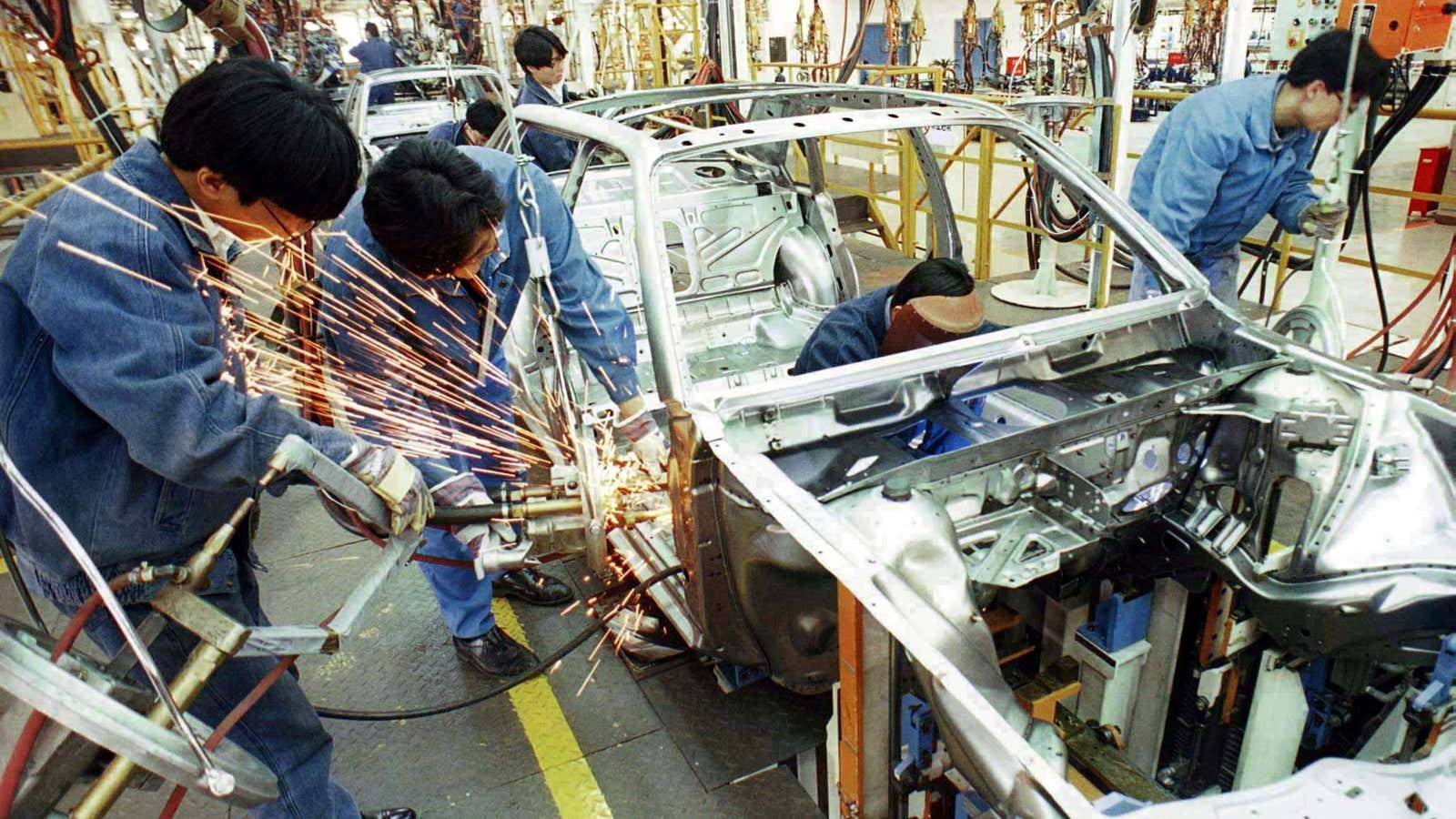Covid-19 forced much of the West to fundamentally rethink the risks of over-reliance on Chinese investment and supply chains.
The EU (and the newly-EU-free UK) struggled to access medical equipment and personal protective equipment in the early days of the pandemic after China nationalized production and exports. That made clear the risks of relying on just one country for critical goods. Covid-19 also showed China’s increasing willingness to use economic coercion as a foreign policy tool: No country in Europe wanted to be the next Australia, whose coal ships were stranded for nine months in Chinese waters as Beijing and Canberra faced off over calls for a World Health Organization investigation into the origins of the coronavirus.
Meanwhile, European companies in China felt stuck between a rock and a hard place. They faced real constraints in China, including intellectual property theft and “negative lists” barring them from certain industries. But the climate improved for them as the Chinese government liberalized the economy, and China was the only major economy to grow in 2020. Back home, politicians were calling on them to decouple from China and shift their supply chains elsewhere.
The verdict is in: Most have no plans to do that.
EU companies are most committed to the Chinese market
The European Chamber of Commerce in China represents more than 1,700 EU companies that do business in China across diverse industries. Each year, it surveys 500 to 600 of its members to produce a business confidence survey that reflects the self-reported challenges and ambitions of those companies.
This year’s survey suggests that EU companies are more committed to the Chinese market than they’ve been since the Chamber began asking its members this question:
These companies are sticking by China in spite of a tough geopolitical environment and the challenges identified in the survey—including forced technology transfer and unfair competition from state-owned enterprises—because they see growth opportunities there. In fact, two thirds of the respondents of the survey said they are optimistic about the future.
In the face of geopolitical tensions, these companies appear to be “taking action to secure their operations in China and mitigate exposure,” the report states, including by onshoring supply chains—meaning bringing back those that have been offshored from China—and taking on larger stakes in joint ventures with local partners.
That unconditional commitment might fade over time as geopolitical tensions worsen and begin to affect businesses in China. For example, on June 10, the National People’s Congress standing committee passed a law that will punish companies or individuals that adhere to foreign sanctions against China by putting them on a blacklist whose penalties could include expulsion and asset seizures.
Positive business sentiment
A recent sentiment survey conducted by the British Chamber of Commerce in China (pdf, p. 4) among its members suggests similar trends. UK businesses “remain committed to the market, and there are high expectations for China’s economic prospects next year,” the survey states.
“This is underscored by the fact that 82% of companies cite market potential as a reason to increase investment here in 2021 and companies expect to expand their China offices by an average of 13 people next year,” it continues. “Meanwhile, only 3% of companies are actively relocating operations out of the China market.”
This story has been updated to reflect the news of a new anti-sanctions law being passed in China.
